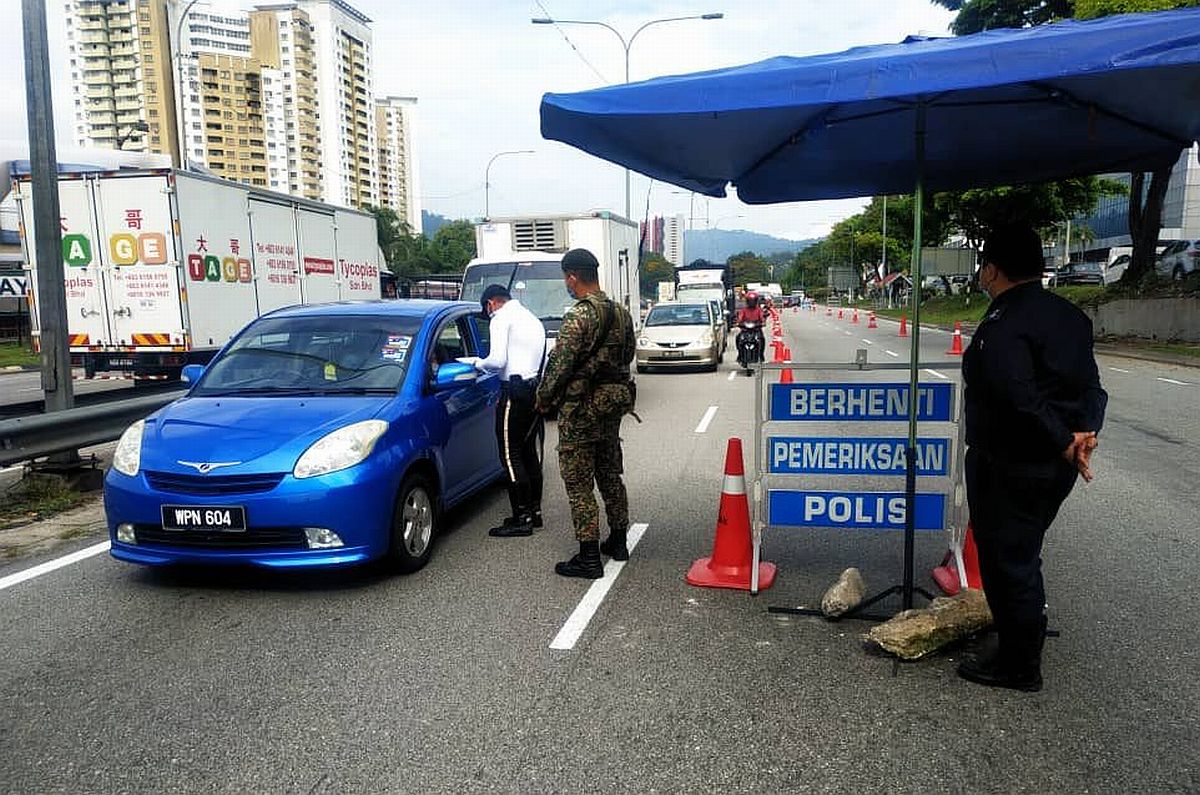KUALA LUMPUR, Jan 27 – The Health Ministry (MOH) reported a record high annual revenue of RM1.19 billion in 2021, benefiting from compounds issued for Covid-19 standard operating procedures (SOP) violations.
The record earnings marked an increase of 23.8 per cent compared with RM964.09 million the previous year, according to the MOH’s Annual Report 2021 published recently.
Medical fees continued to be the largest contributor to MOH’s income for 2021 at RM404.95 million, despite a 13 per cent drop from RM465.44 million in 2020.
Revenue collected from fines and penalties, however, soared 65.6 per cent to RM125.12 million from RM75.56 million the previous year. The amount collected from fines and penalties in 2021 accounted for more than 10 per cent of MOH’s revenue for the year.
Enforcement activities under the Prevention and Control of Infectious Diseases Act 1988 (Act 342), which regulates Covid-19 SOPs, increased significantly in 2021 compared to previous years.
In 2021, the MOH collected a total of RM42.9 million in compound payments from 141,922 compounds issued under Act 342 during the year. To compare, the ministry collected only RM2.18 million from 54,021 compounds issued in 2020 and RM15,100 from 34 compounds issued in 2019 before the Covid-19 pandemic hit.
The number of premise inspections and closures also multiplied significantly during the two years of the pandemic. More than 450,000 inspections were conducted annually between 2020 and 2021, with 6,741 premise closures recorded in 2021 and 2,907 premise closures registered in 2020. Only 2,619 inspections were carried out in 2019 and 731 premises were closed.
The surge in enforcement activities was helped by an increase in the number of authorised officers appointed under Act 342. A total of 940 authorised officers were appointed under the Act in 2021, compared to 793 authorised officers in 2020 and 327 authorised officers in 2019.
The ministry’s annual report stated that the delegation of authority under Act 342 was given to 34 agencies, of which 10 were authorised for issuing compounds under the Act.
The previous government led by then-Prime Minister Ismail Sabri Yaakob had unsuccessfully attempted to raise compounds for offences under Act 342 – like not wearing face masks or not practising physical distancing – from RM1,000 to RM10,000 for individuals, besides setting maximum compounds of RM1 million for businesses.
Under general penalties for offences under Act 342, the Act 342 amendment Bill proposed a jail term not exceeding seven years, a maximum RM100,000 fine, or both upon conviction, while businesses are subject to a maximum RM2 million fine.
The proposed seven-year imprisonment for breaching Covid rules is more severe or equivalent to the punishment for violent crimes like causing death by negligence, attempted homicide, or marital rape.
The Act 342 Amendment Bill was eventually deferred amid public outrage over harsher punishments mooted for breaching Covid-19 restrictions.
Other contributors to MOH’s annual revenue in 2021 included higher contributions from licence, registration fees, and permits at RM345.43 million and non-revenue receipts at RM247.74 million.
On medical fees, the MOH said it has RM38.03 million in outstanding medical fee charges, of which RM31.48 million or 82.8 per cent comprised non-citizen patient fee charges.
It was previously highlighted that refugees seeking in-patient treatment at government hospitals in Malaysia need at least RM5,000 for medical fees, following the government’s move to impose full fees on foreign patients in 2016.
Senior consultant paediatrician and researcher Dr Amar-Singh HSS had called for medical fees for marginalised children, including refugee, migrant, and stateless children, to be waived as they should have universal access to health care services.








